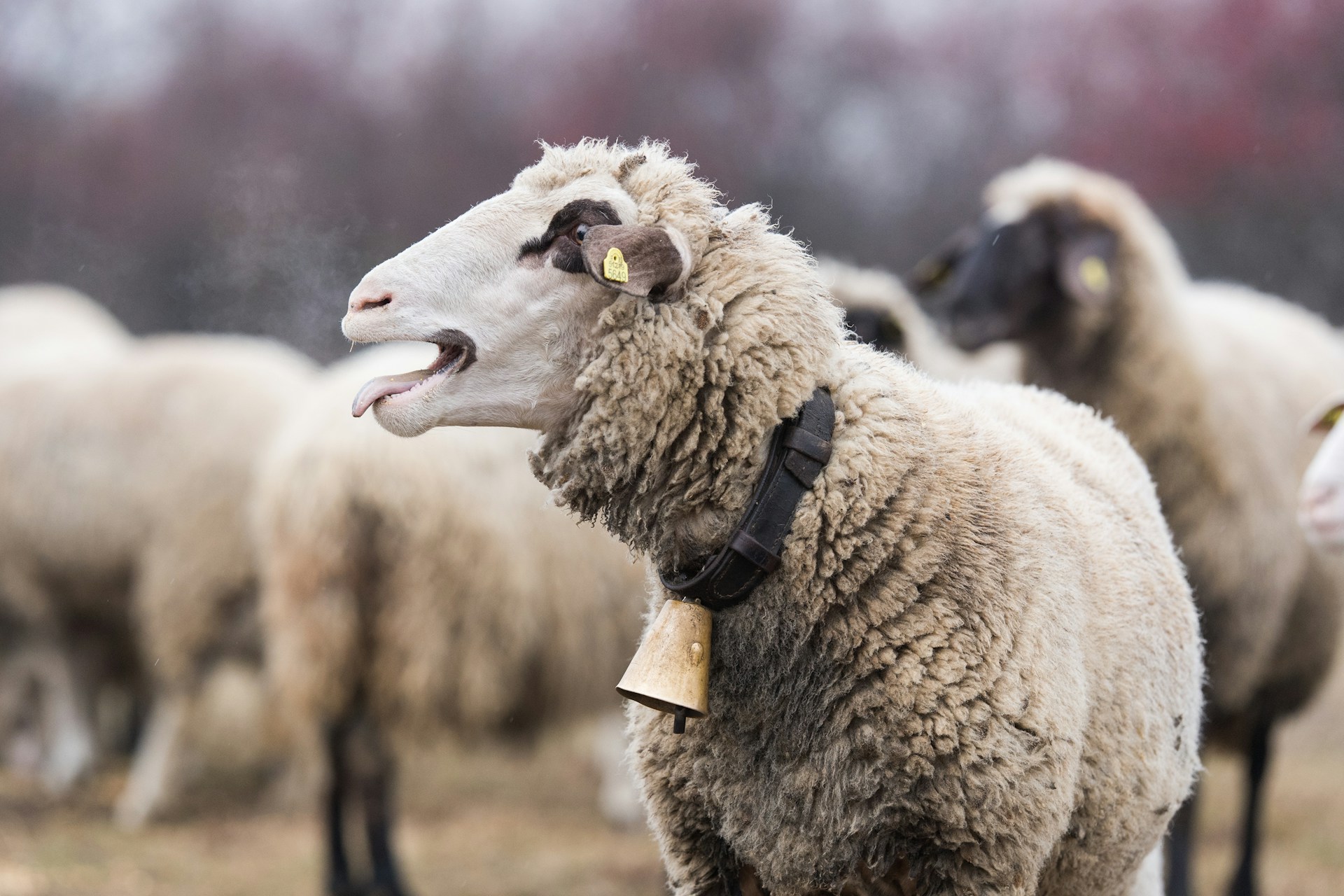On Monday, 81-year-old Montana resident Arthur “Jack” Schubarth was sentenced to six months in federal prison for illegally cloning sheep using tissue and testicles from large sheep hunted in Central Asia and the United States. Schubarth’s goal was to create hybrid sheep for captive trophy hunting in Minnesota and Texas, a scheme that has now landed him in serious legal trouble.
U.S. District Court Judge Brian Morris handed down the sentence, aiming to deter others from attempting to “change the genetic makeup of creatures” for profit or personal gain. In addition to prison time, Schubarth was fined $20,000 and ordered to pay $4,000 to the U.S. Fish and Wildlife Foundation.
The Associated Press reported that Schubarth used tissue and genetic material from sheep, which were likely hunted in remote regions, to create these hybrids, which were then marketed to wealthy hunters as exotic trophies. The controversial practice raised eyebrows not just because of its genetic manipulation but also because of its implications for wildlife conservation.
Judge Morris acknowledged the difficult balance between Schubarth’s age and his previously clean criminal record but emphasized the importance of setting a precedent. “Changing the genetic makeup of creatures on Earth is not something to be taken lightly,” Morris said in his ruling, clearly stating that such practices would not be tolerated.
Schubarth, who was given the option to self-report to a federal prison with medical facilities, expressed remorse during the sentencing. “I will have to work the rest of my life to repair everything I’ve done,” Schubarth told the court. His admission hinted at the deep regret for what could be a legacy-shattering episode late in his life.
This case highlights the ongoing ethical concerns surrounding genetic manipulation in animals. Cloning has long been a contentious issue, with Dolly the sheep, cloned in 1996, being one of the first high-profile examples. However, Schubarth’s use of cloning for commercial gain in the hunting industry introduces a whole new set of ethical questions.
As advances in science push the boundaries of what is possible in genetic manipulation, this case serves as a stark reminder of the need for regulation and oversight. While cloning may offer benefits in other areas, using it to create genetically modified animals for sport hunting raises significant moral and environmental concerns.


Leave a Comment